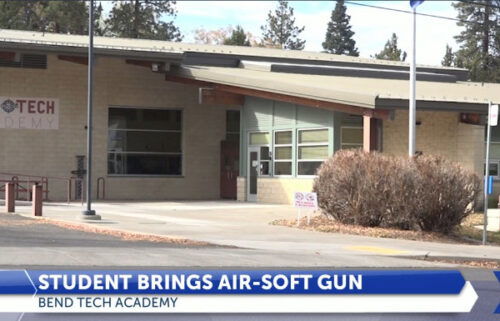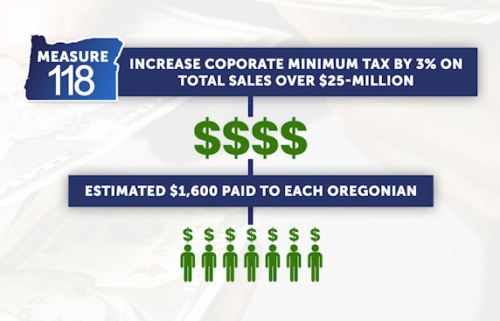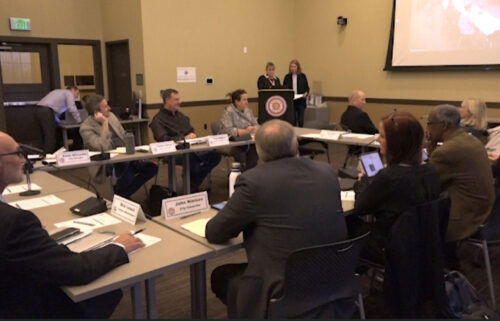City of Bend eyes extending 1 fee, raising 2 others

(Update: Adding affordable housing fee amount per development, correcting staff members on each issue)
After the city of Bend kicks off its yearly budget work on Wednesday evening, councilors will be asked to make permanent one fee and raise two others, adding revenues for two of the city’s biggest needs: building more affordable housing and maintaining or fixing its aging streets.
First, councilors are being asked to remove a sunset clause and make permanent the city’s affordable housing fee of one-third of 1 percent on all building permits.
It’s been in place since 2006 and has collected more than $9.1 million that has provided, preserved or created more than 600 units of affordable housing, according to an issue summary from city Affordable Housing Manager Lynne McConnell.
Because the funds are usually used for loans, not grants, that $9 million has actually provided about $14 million to the community, due to repayments and interest, and also leveraged federal, state and private funding at rates varying from 3-to-1 to 24-to-1, Stabler said..
The fee allows proceeds to be used on housing available to residents who make no more than the area’s median income, which last year was $69,600 for a family of four.
The city reduced the affordable housing fee to one-fifth of 1 percent during the recession, but despite that, the city was Bend’s largest construction financing entity during the downturn. Without the fund, Bend would have created only about 365 units of deed-restricted housing during the period, about one-fourth of what actually happened.
McConnell added, “While the impact of the fee on builders is worth noting, the average fee paid per development from inception through the end of 2018 is $575.30. However, this represents only 0.13% of the value of the median home in Bend in early 2019.”
Extending the fee is expected to bring in $1.3 million a year during the next 2-year biennium. It’s likely to pass, since the fee’s renewal is a city council goal action, under the umbrella of “economic vitality.”
Councilors also are being asked to boost the franchise fee paid by the city’s two garbage haulers (Bend Garbage and Cascade Disposal), from 5 to 7 percent of gross receipts, starting in July of 2020.
City staff said the increase.would boost fee collections by about $350,000, as the city seeks to establish solid funding for various programs, including its street system.
The solid waste franchise fee revenues are used to improve, repair and maintain city streets, officials said, noting that “the heavy trucks used to provide solid waste collection throughout the city have a substantial impact on the street system, both from wear and tear and from congestion,” Assistant Finance Director Tracy Stabler wrote in an issue summary.
Stabler also noted that several other Oregon communities charge a 7 percent solid waste franchise fee.
City staff also have proposed to boost the utility license fees, charged to utilities that use city rights of way, whether they have a franchise in place or not.
The fee is currently 3 percent of gross operating revenue for water and sewer utilities, 4.5 percent for natural gas utilities, 7 percent for landline phone utilities and 5 percent for all other utilities.
The proposed new rates boost the water and sewer utilities’ license fee to 5 percent for the coming fiscal year and 6 percent after June 30, 2020, 7 percent for electric utilities (other than cooperatives), 7 percent for natural gas utilities and 5 percent for all other utilities. The landline phone utilities fee would remain 7 percent.
Stabler said the rate hikes will provide more funds for streets and could free up other funding now used on streets, for other purposes.
Utilities that have franchises and also pay city franchise fees are allowed to deduct their franchise fees from the utility license fees. It’s also the mechanism through which the city’s water and sewer utilities pay for their use of and impact on city streets.
The code also states that if federal or state law limit the amount the city can charge a utility to a lower rate, the city’s rate will be the maximum amount allowed by law.



